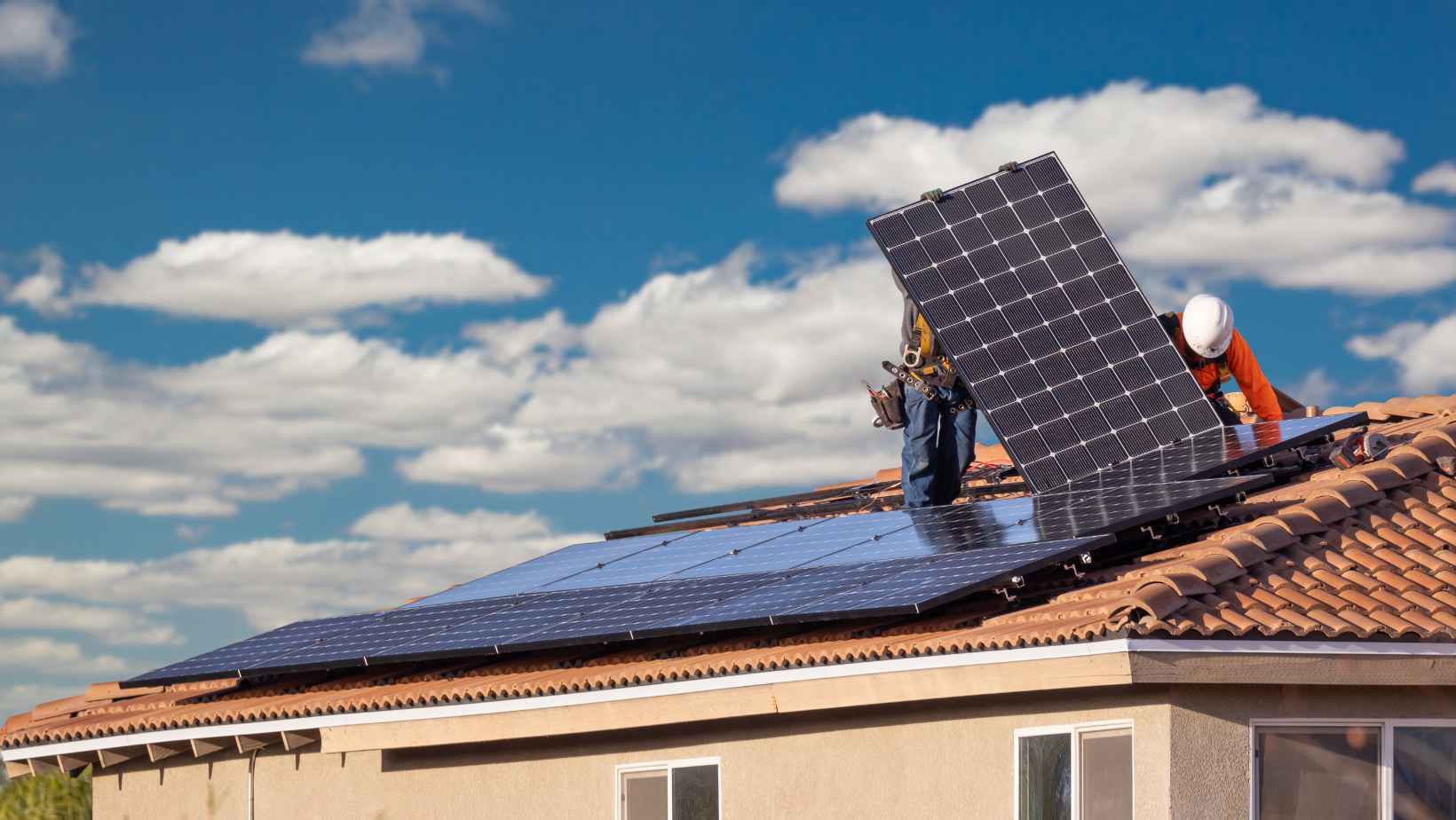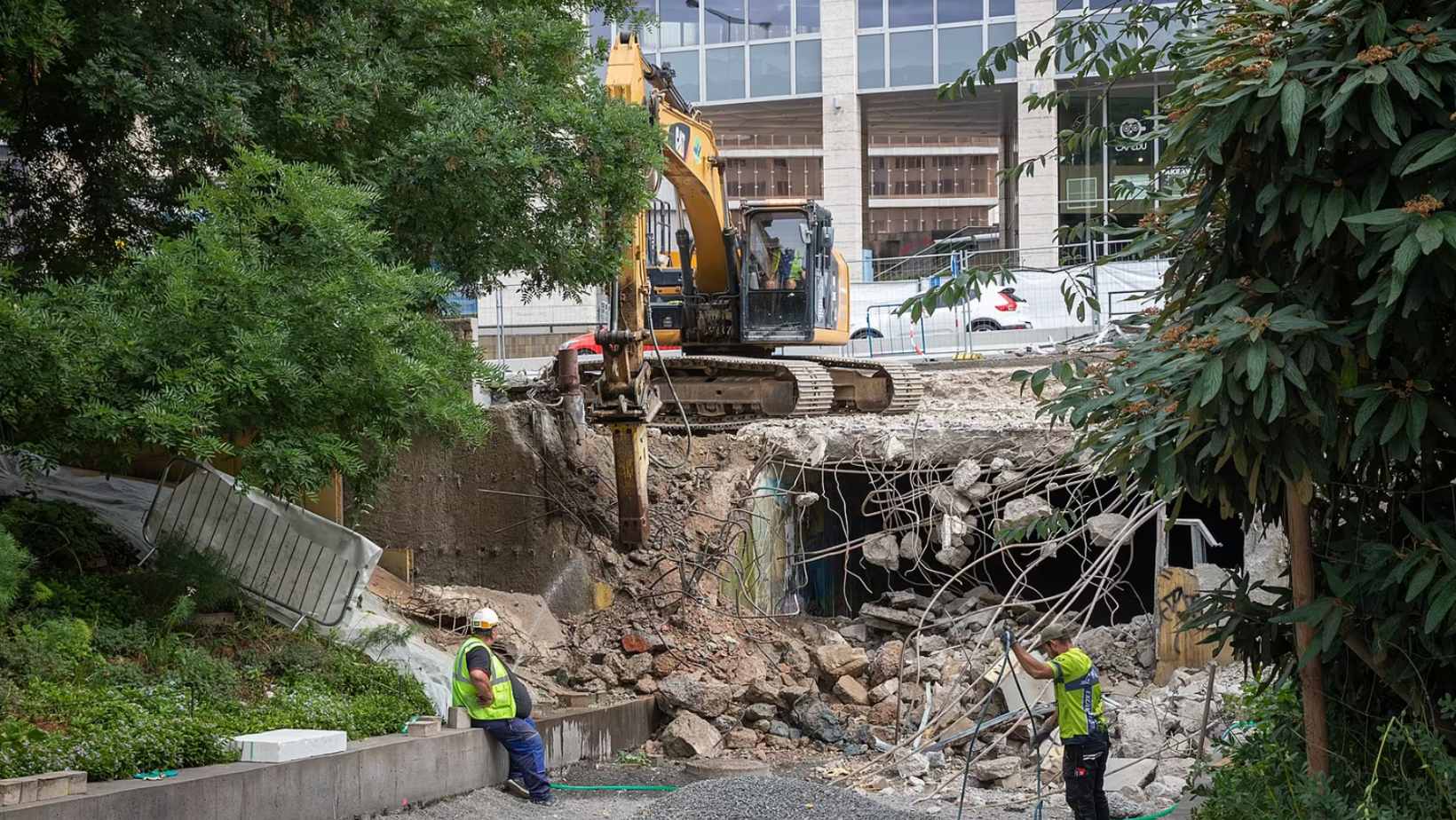Czech Parliament Cuts Aid for Solar Industry
Prague Morning

The Czech lower house of parliament approved changes in rules for state aid to solar power plants on Wednesday that may reduce support for some projects, drawing criticism from industry representatives who said they violated government commitments.
The bill, which still needs approval by the upper house, requires power plants built in 2009-2010 – when profits were high – to produce annual profitability calculations that will be used to judge if they should get state aid.
It also extends the scope of the calculation to the full lifetime of a plant rather than just the period in which state support is granted.
Lawmakers did not approve some of the most controversial proposals, which would cut the allowed return on investment of solar plants, or halt aid paid for electricity produced at times when surplus production cuts market prices below zero.
The government, which faces a parliamentary election next year, has said it needs to limit state aid to shore up the budget.
Industry representatives said the bill was damaging.
“It is absurd that the government is trying to fill holes in the budget by violating commitments to investors, Czech and European law,” Jan Krcmar, head of the industry group Solar Association said in a statement.
He said the state risked causing an “unprecedented shock for banks” which finance solar projects and that three foreign investors, whom he did not name, were planning an appeal.
Would you like us to write about your business? Find out more
-
NEWSLETTER
Subscribe for our daily news









